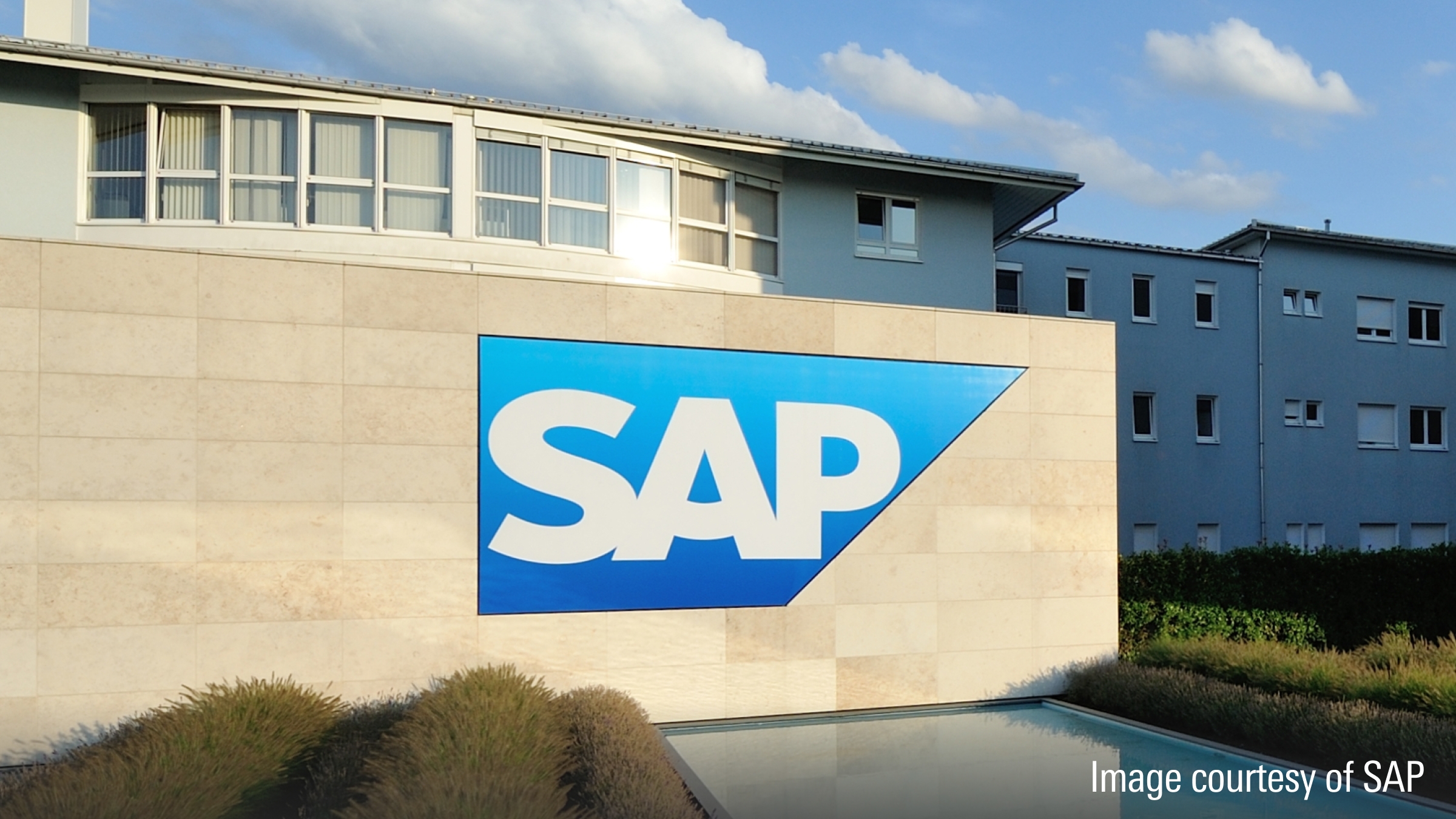For Earth Day, we examined how 16 Canadian asset managers voted in the 2018 proxy season on climate-related shareholder resolutions. We found that for the period spanning July 2017 to June 2018, BMO Global Asset Management, Desjardins Global Asset Management, HSBC Global Asset Management Canada and TD Asset Management consistently voted in favour of transparency on issues like greenhouse gas emissions reduction targets, environmental impact and board oversight of climate risk. We found that Dynamic Funds, Franklin Templeton Investments and Invesco were least supportive.
It is important to point out that this research is based on Canadian funds voting mostly on U.S.-companies in the 2018 proxy voting season. Canadian funds’ proxy voting records can be found on asset managers’ websites.
As a starting point, we found that during 2018, 14 shareholder resolutions addressing climate change earned more than 40% shareholder support. These resolutions are listed in the table below.
Technically, none of the proposed measures would be binding on management given the advisory status of shareholder resolutions. However, 40% support reflects broad shareholder sentiment considering that many investors routinely vote in line with management’s recommendations and against such resolutions.
Voting against management is rare in part because many traditional fund companies say that they prefer to “engage” with the company, lobbying for change as shareholders. Dedicated ESG firms also use engagement with companies to help effect change, but they are significantly more willing to use their votes to make their voices heard.
Here’s a look at the Canadian fund houses that voted most in favour of climate-related shareholder measures.
While climate-related resolutions are less frequently voted at Canadian companies, on April 24th, shareholders of Canadian energy company Cenovus Energy (CVE), will vote on a resolution filed by Fonds de Solidarité des Travailleurs du Québec (FTQ) which asks that the company prepare and publish “…science-based greenhouse gas (GHG) emissions reduction targets that are aligned with the goal of the Paris Agreement1 to limit global average temperature increase to well below 2 degrees Celsius relative to pre-industrial levels. These targets should cover the direct and indirect methane and other GHG emissions of Cenovus’ operations over medium and long-term time horizons. Such targets should be quantitative, subject to regular review, and progress against such targets should be reported to shareholders on an annual basis.”
This resolution has important similarities with those included in our survey of 2018 resolutions and is consistent with disclosure recommendations of the Taskforce on Climate-related Financial Disclosures (TCFD). Increasingly, asset managers and public pension funds are making reference to TCFD disclosure recommendations in their proxy voting guidelines. For instance, RBC Asset Management Group’s 2019 guidelines state that: “We will … generally support proposals requesting…That a company disclose information on the risks it faces related to climate change on its operations and investments, or on how the company identifies, measures, and manages such risks. Risks include Transition Risks (Policy and Legal, Technology, Market, and Reputation) and Physical Risks (Acute and Chronic), as defined by the TCFD.”
The fact is that an increasing number of funds are choosing engagement with companies to effect positive change, and when engagement doesn’t work, shareholders have levers of power beyond talk – proxy voting and shareholder proposals – to drive change. ESG investing (or divesting) is often a personal choice. Savvy investors have the choice to invest with managers who walk the talk with ESG – and may well avoid the ones that don’t!

















